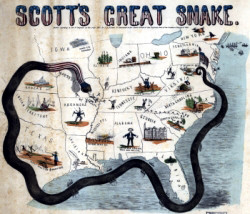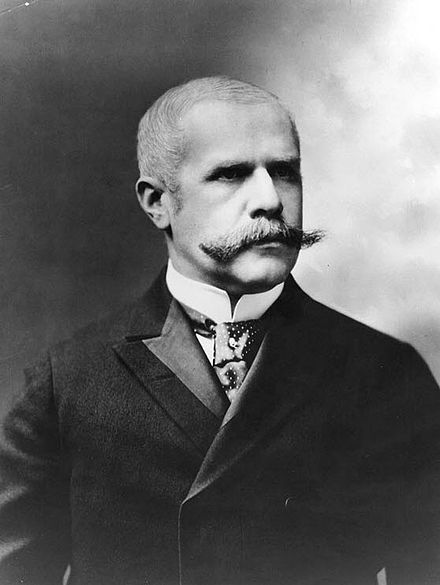What did the Union do to prevent the South from exporting cotton and smuggling weapons?
 May 26, 1861 — To prevent the South from exporting cotton and smuggling weapons and war material into the Confederacy, the Union blockaded two ports in the Confederacy today.
May 26, 1861 — To prevent the South from exporting cotton and smuggling weapons and war material into the Confederacy, the Union blockaded two ports in the Confederacy today.
The USS Powhatan began blockading Mobile, Alabama, and the USS Brooklyn blocked the most essential port for the Confederacy — New Orleans.
This strategy initially met with skepticism because the Union faced a formidable task: to create and maintain an effective barrier along the Confederacy’s 3,000 miles of coastline when the Navy Department initially had only three steam-vessels in home ports.
Though somewhat porous, the blockade was an important economic policy that successfully prevented Confederate states from access to weapons that the industrialized North could produce for itself. The government convinced several foreign governments to view the blockade as a legitimate tool of war, even though the South was able to continue smuggling needed supplies from Confederate ports to transfer points in Mexico, the Bahamas, and Cuba.
Sources
Words of Wisdom
Blockades, to be binding, must be effective--that is to say, maintained by a force sufficient really to prevent access to the coast of the enemy.





